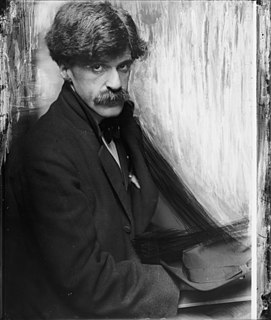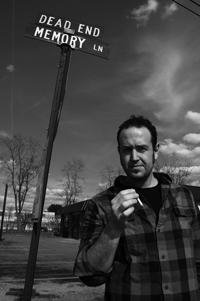A Quote by John Maynard Keynes
Experience shows that what happens is always the thing against which one has not made provision in advance.
Related Quotes
As the duties of superintending the national defense and of securing the public peace against foreign or domestic violence involve a provision for casualties and dangers to which no possible limits can be assigned, the power of making that provision ought to know no other bounds than the exigencies of the nation and the resources of the community.
How do you change what you believe when your experience has convinced you otherwise? By creating a new experience. The best way for you to get that new experience is to change your response to what happens. By the natural law of cause and effect, that new response will create new results, which you will then experience as a new reality. To reach the goal of happiness, act as though the following statement is already true: Everything that happens to me is the best thing that can happen to me.
But all provisions that He (God) has made for the gratification of our senses…are much inferior to the provision, the wonderful provision that He has made for the gratification of our nobler powers of intelligence and reason. He has given us reason to find out the truth, and the real design and true end of our existence.
I detest tradition for tradition's sake; the half-alive; that which is not real. I feel no hatred of individuals, but of customs, traditions; superstitions that go against life, against truth, against the reality of experience, against the spontaneous living out of the sense of wonder-of fresh experience, freshly seen and communicated.
... the first thing his education demands is the provision of an environment in which he can develop the powers given him by nature. This does not mean just to amuse him and let him do what he likes. But it does mean that we have to adjust our minds to doing a work of collaboration with nature, to being obedient to one of her laws, the law which decrees that development comes from environmental experience.
That authentic experience that happens both in the artist and in the audience you can classify as a mystical experience. You can classify it as aesthetic shock, or even a psychedelic experience. Some people seek to recreate that experience through drugs. But the other way that you can do it is through art, and through spectacle. We have those experiences when we go to rock shows, or when we listen to a piece of classical music, or read a particular poem, or see a painting.
Experience is not a matter of having actually swum the Hellespont, or danced with the dervishes, or slept in a doss-house. It is a matter of sensibility and intuition, of seeing, and hearing the significant thing, of paying attention at the right moments, of understanding and coordinating. Experience is not what happens to a man; it is what a man does with what happens to him.



































